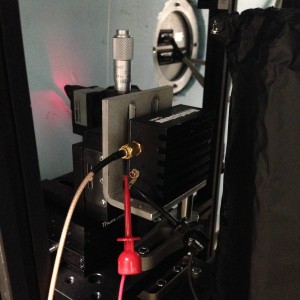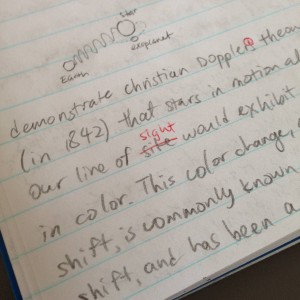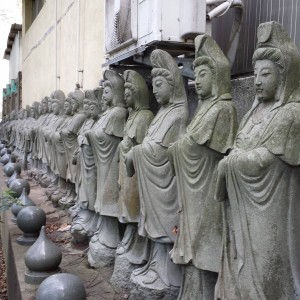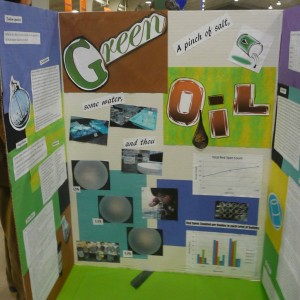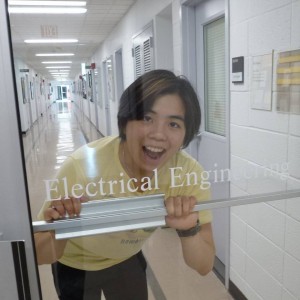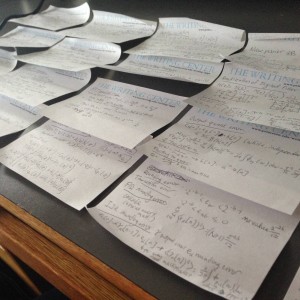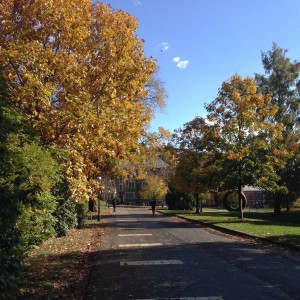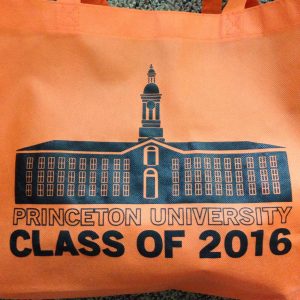
I’ve handed in my thesis and my lab notebooks to my advisor. I’ve cleaned up the equipment I’ve piled in the corner of the methane sensor cabinet in the lab. I’ve explained my system, with all its lingering imperfections, to my group members. I’ve told them to give my lab screwdriver a new home.
That was how my time in the Princeton University Laser Sensing Lab came to a close. Graduation seems to be a time to celebrate all our successes, and to (already!) feel nostalgic for the good times we’ve had at Princeton. That’s natural. But after such a long and difficult journey, only remembering where I’ve gone right seems oddly one-sided. I wouldn’t be capturing some of the most important takeaways from Princeton if I only remembered the happy times.
Continue reading Why I Want to Remember Some Painful Memories at Princeton, Too


